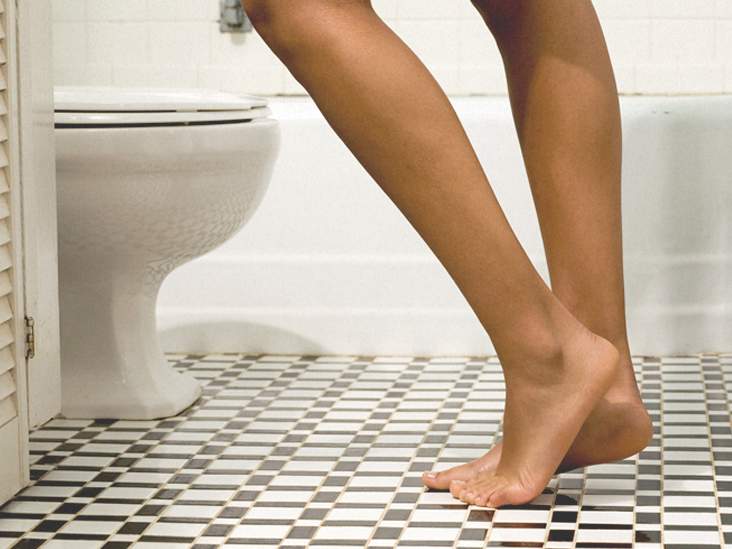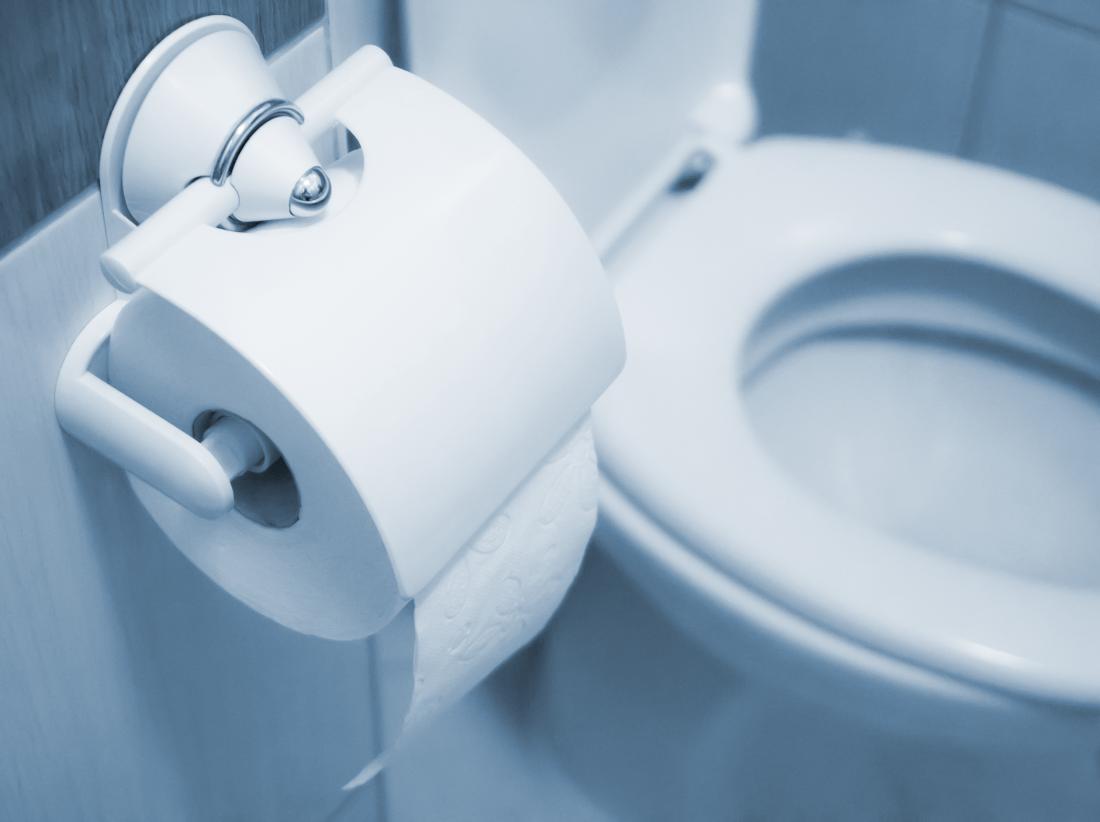
- Research Name Vulputate Cursus
- Patient Andrew Bert
- Doctor Dr. Teresa Mayer
- Category Neurology
- Date 26th November 2018
- Location Bulls Stadium, Califorina
About this case
What is normal for one person may be abnormal for another. Normally people need to discrete waste between 3 times per week to 3 times daily.
How often a person goes to the bathroom can vary depending on a range of factors including:
Fluid intake
Because the large intestine absorbs excess water, not drinking enough fluids can harden waste and make it more difficult to go. Someone who is experiencing constipation should increase their fluid intake to help keep waste soft.
Activity
Staying active helps the colon work better and move waste through the intestines more efficiently. When someone is experiencing constipation or slow digestion, going for a walk or run can help get things moving more regularly.
Diet
What a person eats plays a significant role in how often they go to the bathroom. Fiber is an essential substance for healthy bowel movements.
Fiber is a type of carbohydrate that the small intestine cannot break down into smaller molecules. As a result, it passes to the colon as a mass of undigested food that eventually becomes waste, also known as stool. A diet that is adequate in fiber can promote regularity and prevent constipation.
Medical history
Some medical conditions and medications can affect bowel health and cause a person to go more or less often than usual. Inflammatory bowel diseases, such as Crohn’s disease or ulcerative colitis, and even a basic stomach flu virus, can change how often a person has to discrete waste.
What is normal?
Healthy bowel habits mean that someone is getting rid of waste regularly and that the stool is soft and easy to pass. Regular bowel movements allow the colon to empty without pain or discomfort.
What is abnormal?
Stool that is watery or loose indicates that it is moving through the colon very quickly, usually as a result of irritation, such as from an infection or another source of inflammation.
Having chronic diarrhea (the term for increased and liquid stool) can lead to dehydration or electrolyte imbalances. Diarrhea can also lead to nutrient deficits because the intestine is not able to absorb them when waste is moving through so quickly.
Stool that is small and pellet-like is also abnormal and is usually a sign of constipation or incomplete bowel emptying. This type of poop can be hard or difficult to pass and may even lead to other complications, such as hemorrhoids or stool impaction.
When to go to the doctor
Usually, irregular changes in a person’s bowel movement habits resolve within a short amount of time and are no cause for concern. However, a doctor should assess someone if their bowel changes last longer than 1 to 2 weeks, or there are other concerning symptoms, such as:
Can you poop too much in a day?

If someone typically “goes” frequently during the day, and the stool has a soft, easy to pass consistency and regular appearance, then people should not be concerned.
However, if the waste is too watery or loose, then there may be some health risks associated with fluid and electrolyte loss that comes with diarrhea.
Takeaway
Bowel and waste habits are very personal; they can vary dramatically from person to person. Generally speaking, most people go to the restroom between 3 times a week and 3 times a day, but it is also important to be aware of stool consistency and regularity.
Whenever a person’s bowel habits change significantly, they should visit their doctor for an evaluation.

